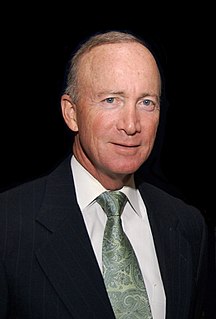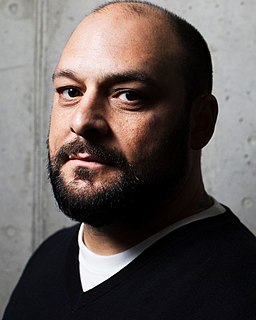A Quote by Suzanne Somers
Socially, in most groups I tempered my conversations on my approach to health because those who entrusted their lives to allopathic, 'standard of care' Western doctors might not want to entertain the idea that they might have made the wrong choice or that their way wasn't the best way.
Related Quotes
What I mean is that those thoughts, they're human. And just because you turn out differently than everyone's imagined you would doesn't mean that you've failed in some way. A kid who gets teased in one school might move to a different one, and be the most popular girl there, just because no one has any other expectations of her. Or a person who goes to med school because his entire family is full of doctors might find out that what he really wants to be is an artist instead.
The argument culture urges us to approach the world - and the people in it - in an adversarial frame of mind. It rests on the assumption that opposition is the best way to get anything done: The best way to discuss an idea is to set up a debate; the best way to cover news is to find spokespeople who express the most extreme, polarized views and present them as 'both sides'; the best way to settle disputes is litigation that pits one party against the other; the best way to begin an essay is to attack someone; and the best way to show you're really thinking is to criticize.
So everything is necessary. Every least thing. This is the hard lesson. Nothing can be dispensed with. Nothing despised. Because the seams are hid from us, you see. The joinery. The way in which the world is made. We have no way to know what could be taken away. What omitted. We have no way to tell what might stand and what might fall.
Man's maker was made man that He, Ruler of the stars, might nurse at His mother's breast; that the Bread might hunger, the Fountain thirst, the Light sleep, the Way be tired on its journey; that Truth might be accused of false witnesses, the Teacher be beaten with whips, the Foundation be suspended on wood; that Strength might grow weak; that the Healer might be wounded; that Life might die.
Actually, I don't think most people join white supremacist groups because of the ideology or dogma. They gravitate to these groups because they've hit potholes in their lives and there are things they can't figure out how to navigate on their own. This might be bullying, parental abuse or neglect, mental or physical illness, or, for adults, unemployment.




































